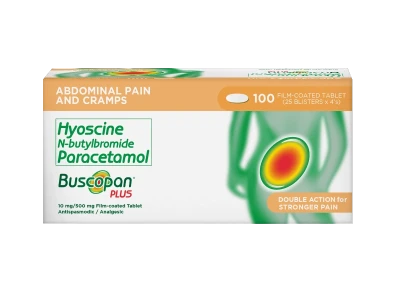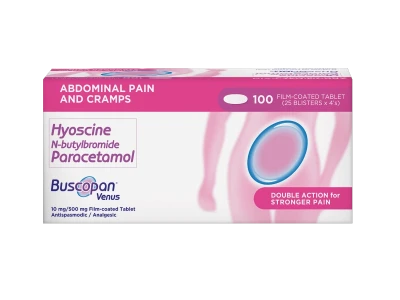Usually, abdominal cramps are associated with less serious symptoms and conditions, such as:
- Gas, bloating, and diarrhea2. Here, the pain often gets better after you poop.
- Belly bug (gastroenteritis or food poisoning); having sudden belly cramps and diarrhea usually indicates a belly infection with a virus or a bacterium7.
- functional abdominal cramping pain
Period pain is another common cause of abdominal cramps, often resulting from smooth muscle spasms in the uterus, which can be alleviated by treatments or remedies that help relax the muscles in the gut.
To learn more about potential causes of abdominal pain, and what to do for self-care, take our abdominal pain questionnaire.
If you have FACP once in a while, it may be helpful to keep track of the foods that trigger your episodes and remove them from your diet. For example, avoiding foods high in FODMAP (Foods with High Fermentable Oligo-, Di-, and Monosaccharides and Polyols) might be enough to clear your symptoms11. Or, if your pain tends to be caused by stress, relaxation techniques and avoiding the stress triggers may be enough to eliminate the pain9.
Treatment with OTC antispasmodics such as Hyoscine-N-butylbromide (Buscopan®) may also relieve your symptoms9.
To find out more about FACP and ways to treat it, read our article here.
To find out more about the different locations of abdominal pain and what each means, head on to Understanding Abdominal Pain: Locations of Abdominal Pain.


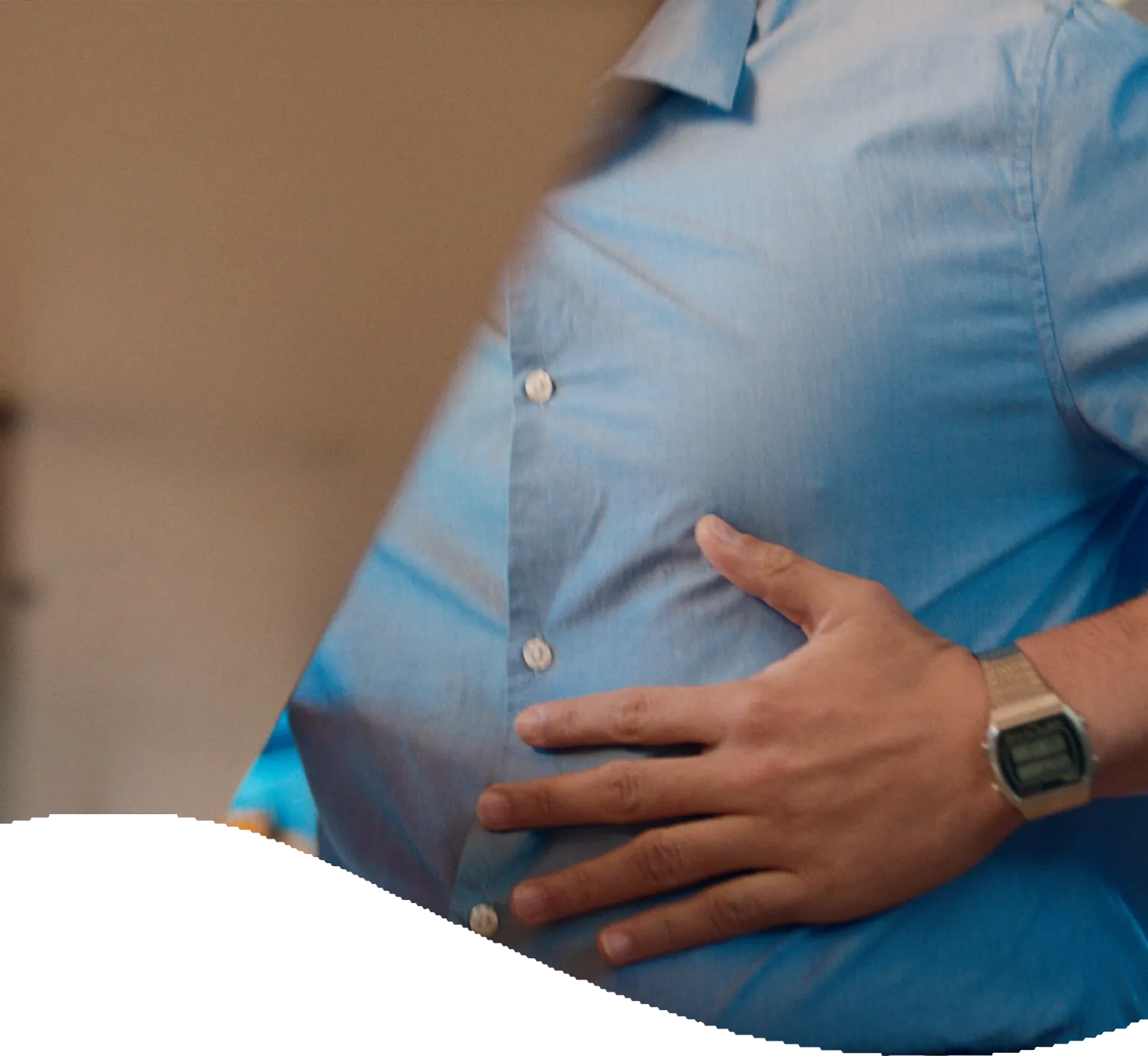
.webp 0w)
.webp 0w)
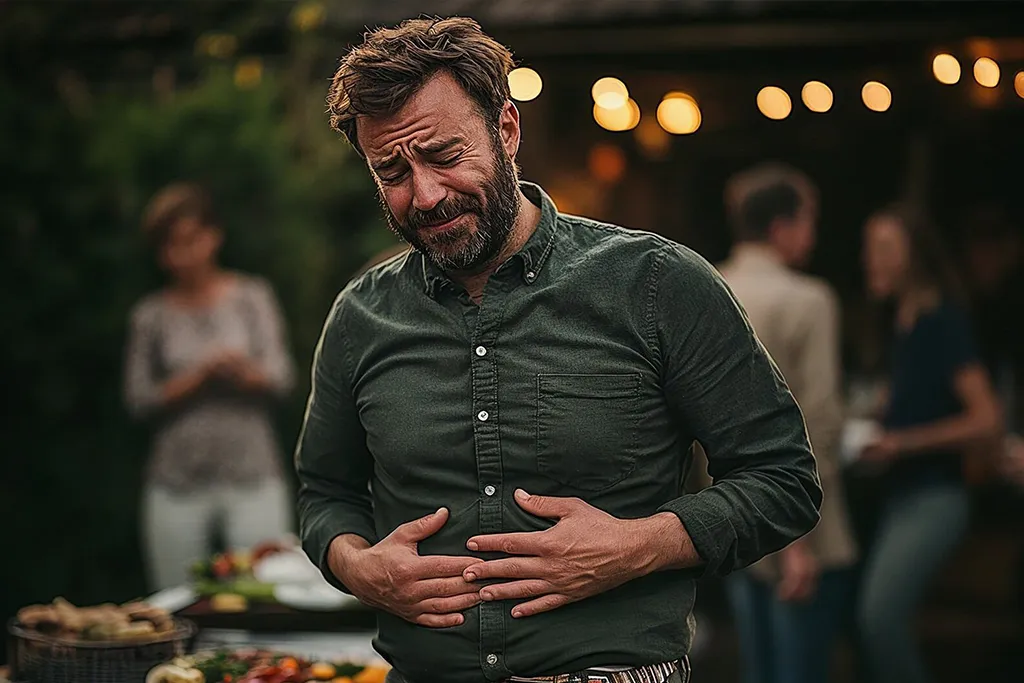

.webp)
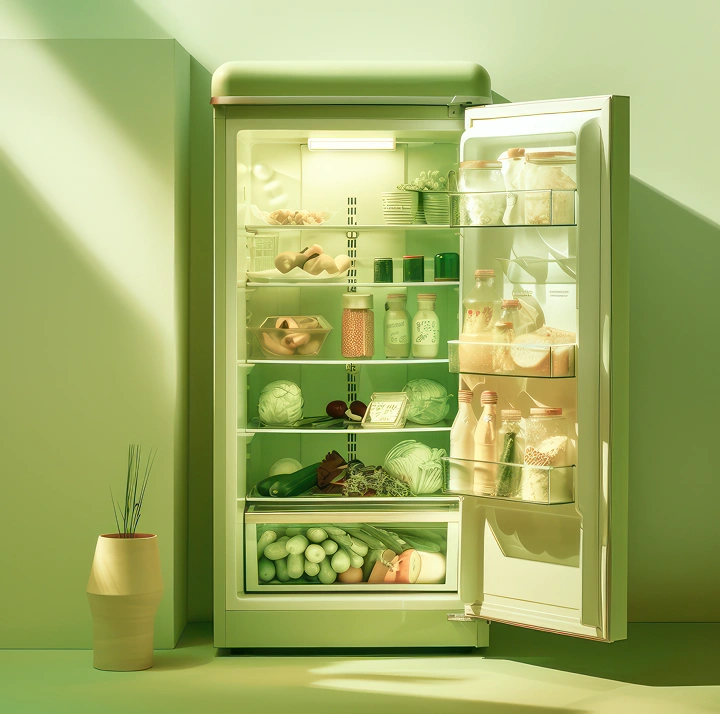

.webp)





